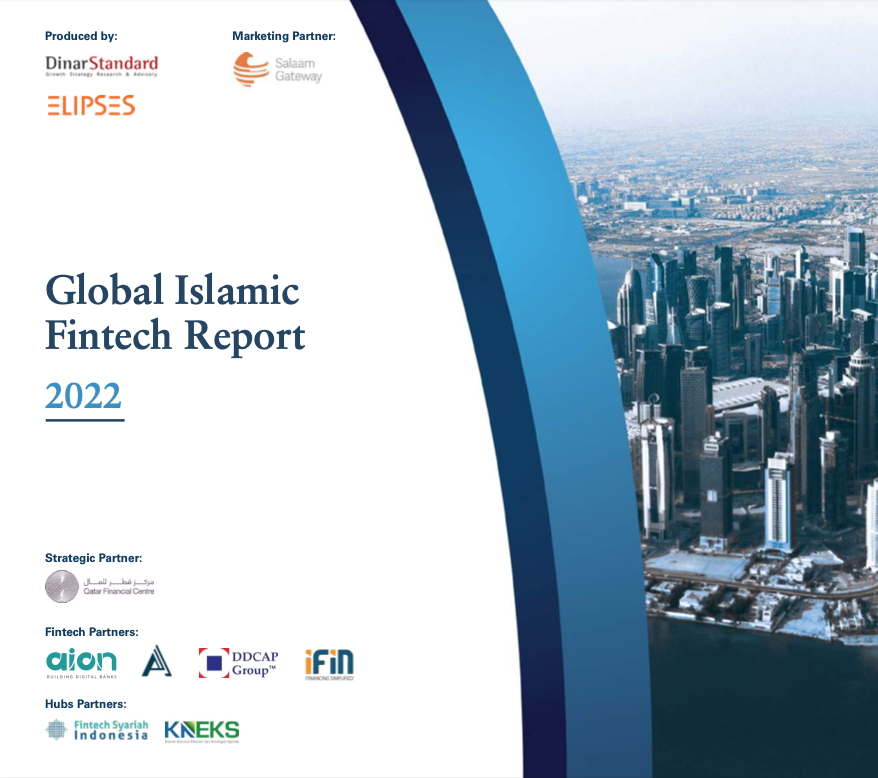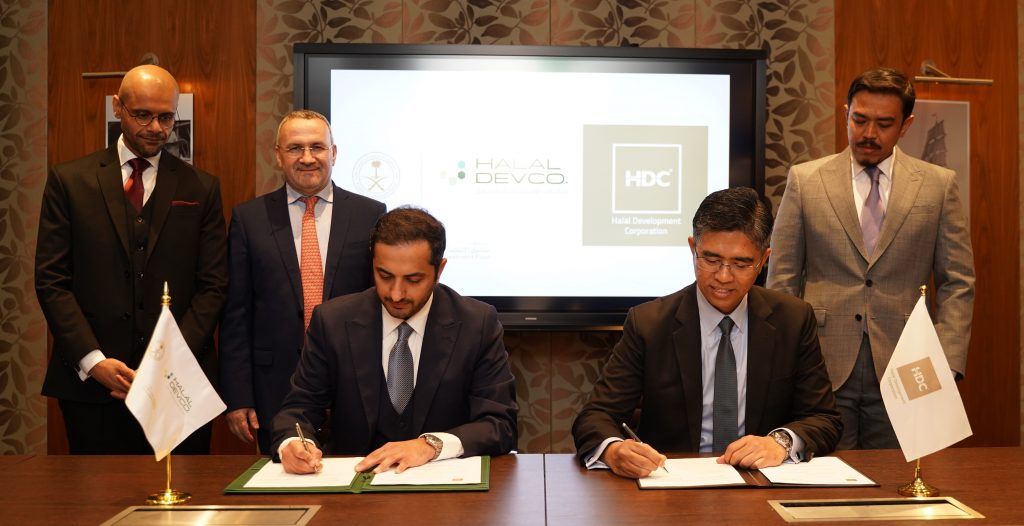Written by Naima Bouteldja

When Industrialisation and overconsumption empty the concept of Halal
“If the son of Adam had a valley full of gold, he would want to have two valleys.” (Al-Bukhari)
“Richness is not in the quantity of possessions (that one has); rather, true richness is the richness of one’s self (or contentment).” (Al-Bukhari)
The threats to the production and consumption of halal meat are both political and economic in nature. Political because, in a context where the hijacking of Islam-related issues has become the norm, the practice of ritual slaughter has been made increasingly difficult. If the old cliché of Muslims slaughtering sheep in their bathtubs is no longer uttered, today it is the Muslim slaughtermen, rejecting stunning practices, who are publicly condemned and accused of animal cruelty. Despite the lack of scientific certainty as regard to the most humane way of killing an animal, some animal rights groups have made the crusade against halal their top priority. It is certainly much simpler to single out the slaughter practices of a minority than to address the real sources causing the ill-treatment of animals, namely the industrialisation of the rearing and slaughtering processes, as well as the overconsumption of meat.
The second pitfall faced by Muslim actors is economic. The industrialisation of the rearing and slaughtering processes and hyper-consumerism have gradually emptied the concept of halal of its essence. First, because these two dynamics induce slaughter rates so high that the halal nature of the meat can no longer be guaranteed. In the area of ??poultry production in particular, the demand for halal chicken meat is such that ritual slaughter – which imposes a much slower pace than traditional slaughter – is unable to satisfy demand.
But beyond the consumption of truly halal meat, the environmental damage and animal suffering generated by the industrial model are serious breaches of Islamic precepts. Because the Qur’an and the prophetic tradition teach us that animals are sensate beings, and repeatedly exhort us to treat them with respect and compassion, one could have expected some display of disapproval or even resistance on the part of Muslims, but this is not the case. In reality, unfortunately, we actually find the opposite is true. Muslims, like their fellow citizens, have not only yielded to the lure of consumerism – one just has to witness the global success of KFC, which claims to sell ‘halal’ meat – but several studies also point out that the average meat intake of Muslims exceeds that of the rest of their fellow citizens.
Ethics of consumption
Today, consumption levels are such that, in the foreseeable future, meat consumed by Muslims will continue to overwhelmingly be supplied by industrial farms, where animals are confined to cramped quarters and handled by an overstretched workforce.
However, believers must remember that our faith requires of us moderation responsibility and contentment. Therefore, given the issues raised by industrial farming, Muslims must significantly reduce their consumption of meat and other meat products. The consumption of products from fair trade, organic farming and / or small local farms is also, for those who can afford it, an alternative that is more in harmony with Islamic teachings.
The believer begins each of his/her meals by saying ‘bismillah’ (in the name of God). In recalling the Almighty at every meal one refuses to trivialise the act of consumption, and also takes responsibility for the food on our plate. Eating is therefore not a simple act of consumption, it is also an act of worship.
Naima Bouteldja is a freelance writer and can be contacted at: naima.bouteldja@gmail.com
This article can be seen on the AVS website: http://avs.fr


